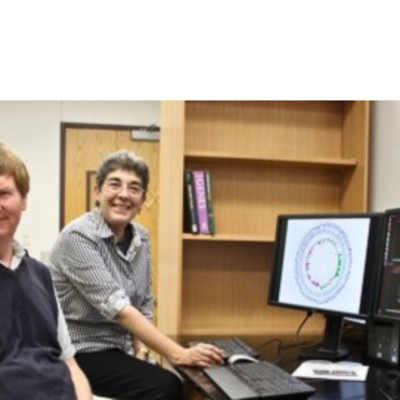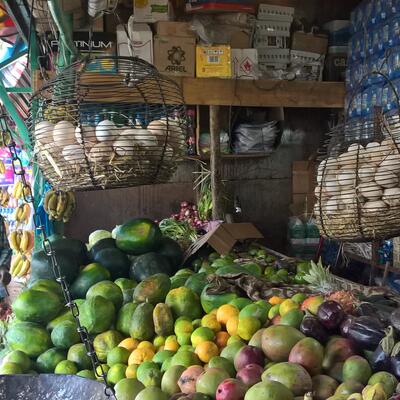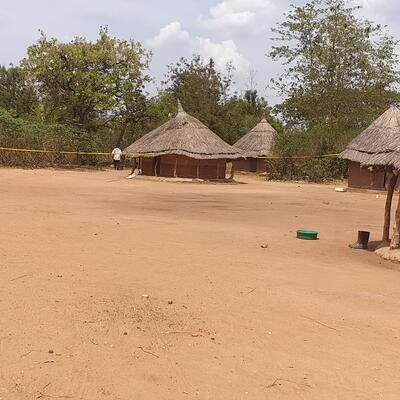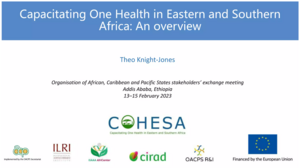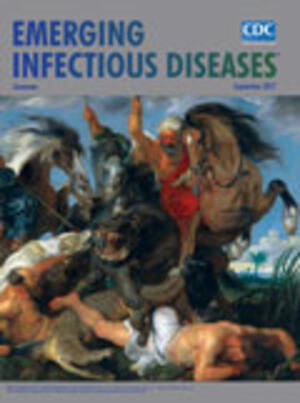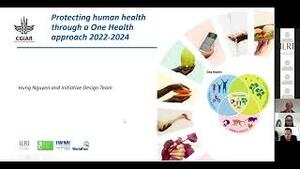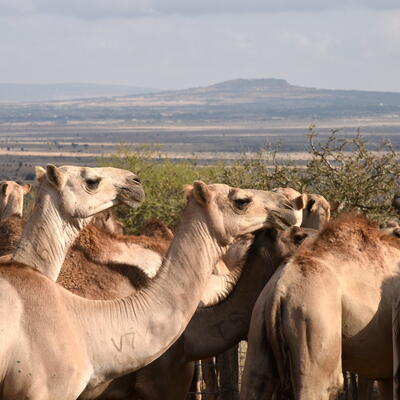
Eradicating Peste des Petits Ruminants in Uganda – BuildUganda project to reinforce national disease control capacities
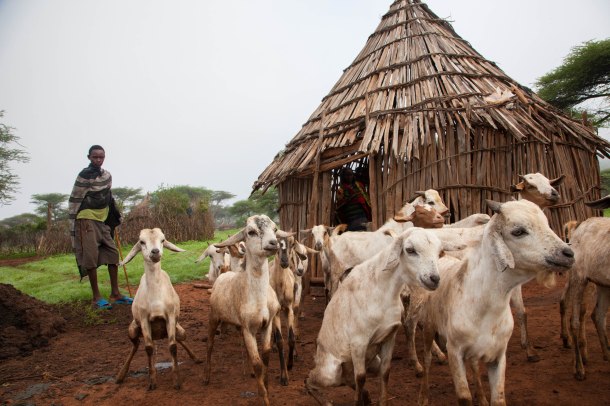
Goats leaving home for grazing, Borana, Ethiopia (photo credit: ILRI\Zerihun Sewunet).
Written by Ekta Patel and Kristina Roesel
In early June this year, the BuildUganda research for development project was launched at a workshop with stakeholders. One of the four components of the project is focused on controlling and eradicating Peste des Petits Ruminants (PPR) in Uganda. During the workshop, component leaders shared their aims and plans for this component, soliciting feedback and guidance from stakeholders on its focus, deliverables, partnerships and field sites.
This component specifically aims to support Uganda’s national PPR control and eradication strategy by developing a socio-economic framework to assess the impact of PPR interventions, updating the epidemiological status of PPR to allow assessment of control options, and assess capacity development gaps in the implementation of the strategy.
PPR is a highly contagious viral disease of sheep and goats affecting almost 70 countries in Africa, Middle East and parts of Asia, resulting in global annual economic losses estimated at USD $2 billion with approximately 80% of the world’s two billion sheep and goats at risk of the disease. This disease is a threat to food security and threatens the livelihoods of about 300 million smallholder farmers. This led to the development of a global eradication program (GEP) by OIE and FAO to eradicate PPR by 2030.
Uganda first reported PPR in 2007, which led to the death of half a million sheep and goats, valued at approximately USD $15 million as well as a drop in sheep and goat milk production of 2.1 million litres which had a severe impact on livelihoods and food security. By 2016 the disease was reported from most parts of the country which prompted the government to develop a national PPR control and eradication strategy that is aligned with the GEP as well as the regional PPR control and eradication program.
Henry Kiara, a scientist at the International Livestock Research Institute (ILRI), explained that one of the aims of this component is to develop a risk map of PPR and understand the types of strains circulating in the various regions. “Understanding the epidemiological status of PPR will allow better assessment of control options which may vary from one region to another in the same country or across the border in neighboring countries”. This study plans to target 12 districts across the country. Dr. Kiara added: “The first step of laying the groundwork for eradication is to understand the epidemiological picture in all of Uganda”.
Stakeholders at the June 2019 launch event critically reviewed the proposed activities and suggested improvements such as better formulation of outcome indicators. They shared insights on site-specific context such as the major peri-urban markets that are relevant for spread and control of the disease (so-called gateway districts such as Mukono where animals are gathered for sale or consumption from different parts of the country), proposed additional site selection criteria and additional partners the program should collaborate with, e.g. the University of Florida led consortium in Karamoja which plans to evaluate vaccination against PPR using a thermostable vaccines. Stronger cross-border collaboration with Kenya, South Sudan, Rwanda and Democratic Republic of Congo was also recommended but may be difficult to achieve within the current program funding. And since PPR is not the only priority disease of small ruminant owners, “packaging of interventions” for instance different vaccines, was also discussed.

Figure 1. Distribution and spread of PPR between 1998 (left), 2010 (centre) and 2014 (right). Source: Official country reports to the World Organization for Animal Health (OIE).
BuildUganda is a research for development collaboration to prevent and tackle animal diseases and zoonoses in Uganda. Led by ILRI and MAAIF, it mobilizes national and international research and development partners from Uganda, Kenya and Germany. The five-year program is funded by the Federal Ministry for Economic Corporation and Development (BMZ) and the CGIAR research programs on Livestock and on Agriculture for Nutrition and Health (A4NH).
For more information, contact Kristina Roesel, program coordinator, k.roesel@cgiar.org
Additional information:







